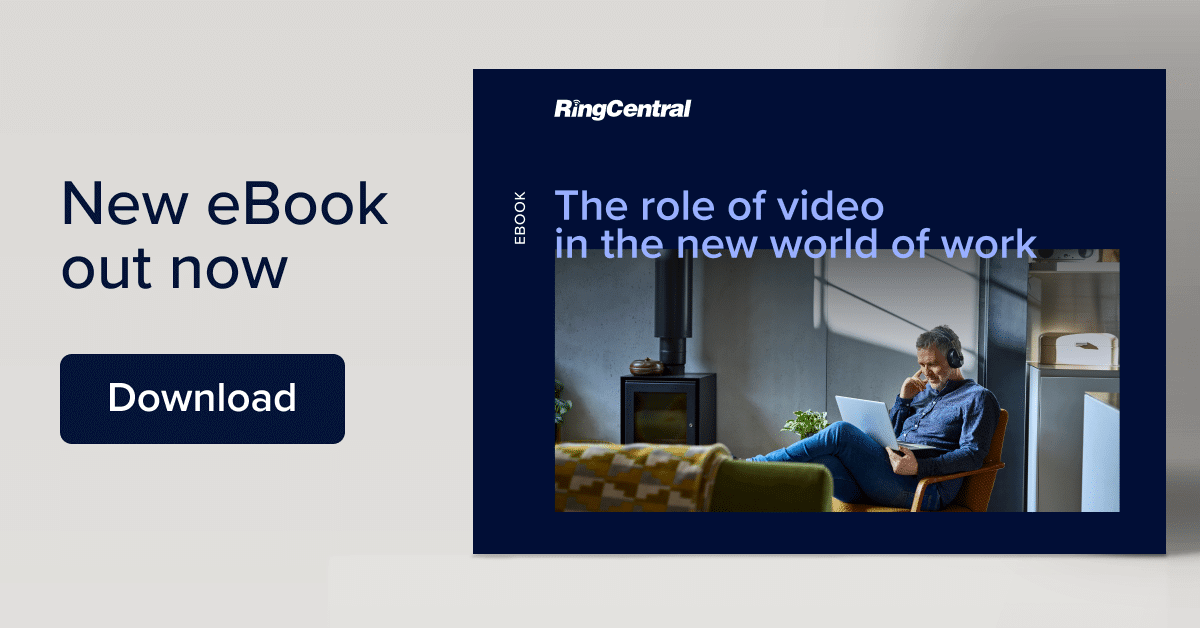As I used to tell my staff and have written here in earlier blogs, every business is in the people business. Those people groups are comprised of your customers and employees.
Brands are in a continual state of elevating the customer experience so it is easy to put customers first. However, in order to deliver an exceptional experience, you must first start with the employee experience; because when your employees feel cared for and exist in a positive work environment, this will translate into a better experience for your customers.
This is easy to say, yet far more difficult to do. Building a positive employee culture is more than just having good food brought into the office once per week and having a casual dress code. Central to any culture is understanding your people and making sure they feel valued and appreciated (there are many other elements to culture building as well but I will not address these in this post).
Now more than ever it is imperative that organisations tend to the welfare of their people as times are hard for everyone. Anxiety, fear, uncertainty, and isolation are now part of everyday life. One of the best things a brand can do is support their staff through these difficult times. Additionally, these practices should not just be implemented for this moment in time, they should be a fundamental part of your business as at any point in time, a segment of your employees will be experiencing difficulties in their life. Businesses that show they care for their employees will function better and see the returns in productivity and customer experience.
With this in mind, here are a few tips on what companies can do to ensure they support their employees through difficult times.
Acknowledge the personal side of the business
It’s not personal, it’s business. This is a refrain I have heard often throughout my 25-year career. While I understand the underlying premise of having to make business decisions that impact people, to think that these decisions do not impact people on a personal level is absurd.
As professionals, we spend a minimum of twenty-five per cent of our time working – that is if you work a standard 40-hour workweek. To think that we can separate our personal feelings and emotions for a quarter of our lives is simply not reasonable.
If you want to help your employees through difficult times, acknowledge the personal side of the business, and exhibit empathy.
In July of 2001, I was called into the office of our general manager and told that my role was being eliminated. At that time my wife was seven months pregnant with our youngest child, we had sold the home in which we were living and built one closer to the office. To say I was freaked out was an understatement. I understood the logic for eliminating mine and other roles, but from a personal standpoint, I was floored. Despite knowing my situation the conversation was cold, unfeeling, and emotionally obtuse and impacted myself and my team deeply in a very negative way.
All executives will have to make hard decisions that impact people, but you can do so in a caring and sensitive way and in so doing support your team through the process.

Be human
When I think back to some of the best bosses I ever had it is not because they were smart, innovative or high achievers. They were all of those things, but more than that they were open, honest, and shared their vulnerability when appropriate. In a word, they were human and made sure to make that connection.
I have numerous experiences where managers recognised difficulties in my life, shared their experiences and learnings, and showed a genuine interest in my well being. Beyond the positive impact it had on me personally, it also made me want to perform the best I could for them, and as I heard one colleague put it “I would plough through a wall for them!” This is one of the many positive outcomes of feeling supported.
Provide resources
Many companies of all sizes provide training for their employees to acquire new skills and help in the advancement of their careers. However, far less provide resources to help their people with their mental and emotional well being.
While skills development is certainly important to both individuals and the organisations they serve, so is the emotional and mental well being of employees.
As much as possible, companies need to invest in solutions and resources that their employees can use to navigate the difficult times that enter into all of our lives. This is more than bringing in an expert to hold a one-day workshop or providing an online HR course for employees to watch as part of their quarterly growth objectives.
Providing resources such as counsellors and therapists, enabling time off when there is a need to tend to personal matters, and even smaller actions like enabling time away from a computer during the day to clear one’s head can have a big impact.
Even before the global pandemic, there are difficulties that all of us experience. Applying some of these in your business will not only demonstrate the care you have for your employees, it will also drive employee retention, improve their experience and make its way to a positive impact for your customers.
Updated Nov 23, 2020
